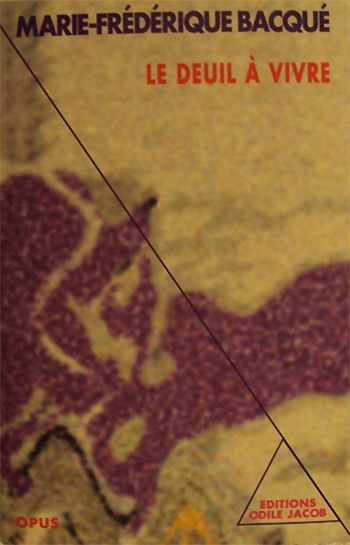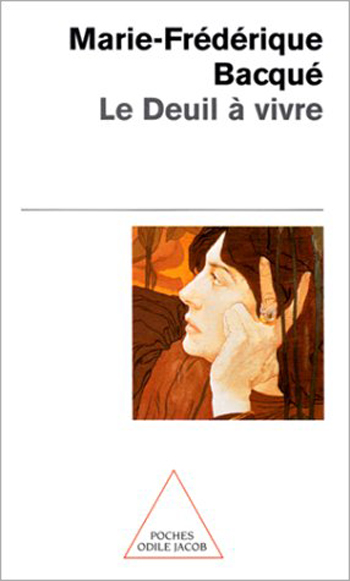Results for the keyword mourning
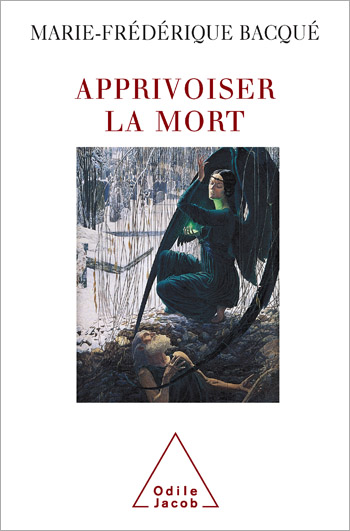
Marie-Frédérique Bacqué
Coping with Death
Marie-Frédérique Bacqué, a psychologist, is a lecturer at the University of Lille and the vice president of the Society of Thanatology.
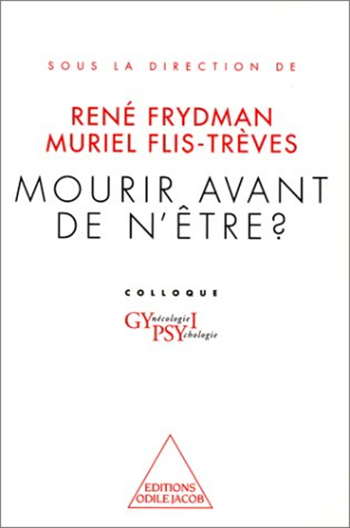
René Frydman, Muriel Flis-Trèves
Dying before living ?
Miscarriages, medical terminations of a pregnancy, embryonic destructions, perinatal mortalities these babies born prematurely dont even have the chance to be properly recognised as a part of this world, leaving their parents to solitude, grief and even a sense of guilt. Isnt it natural that the parents, even if it is painful for them, want to see their child, to name him, to register his existence ? That they need to follow the rituals of bereavement and record the child in the family history ? Doctors, midwives, anthropologists, philosophers, and psychoanalysts ask themselves what their role is when faced with this kind of sudden death, which has the capacity to affect so intensely other lives : how, they ask, can we help these patients along the road of their bereavement ?
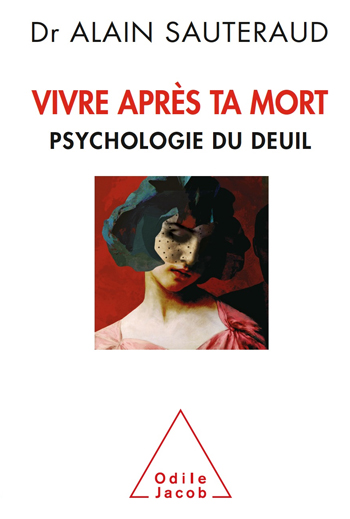
Alain Sauteraud
Living On After Your Death The Psychology of Grieving
Down-to-earth advice to help mourners understand the grieving process and then adapt to their new lives
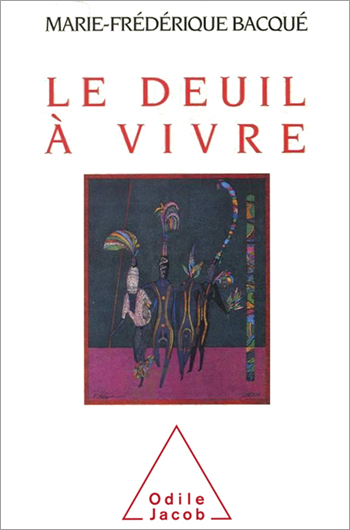
Marie-Frédérique Bacqué
Living through Bereavement
All civilizations have therapeutic methods to deal with death and the period of mourning. Not ours. By hiding away the experience of death, aren't we becoming more helpless, more disoriented than ever?
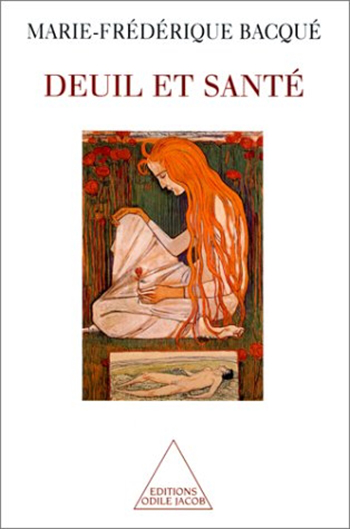
Marie-Frédérique Bacqué
Mourning and Health
Should mourners be medically treated ? How can we treat post-mortum depression ? Can mourning be a philosophical experience ? If you have lost a loved one, this book will help you make sense of all of your questions...
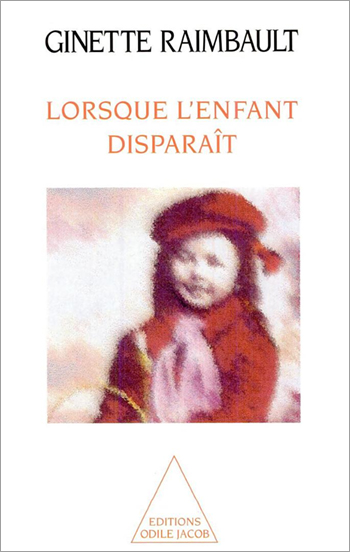
Ginette Raimbault
When a child disappears
When a child disappears, the parents of that child have to first of all relearn how to live their lives. How can they face up to this task ? What routes, both conscious and subconscious do they take in order to do this ? Ginette Raimbault explores the mental processes of these devastated parents using the spontaneous testimonies of those who have relied on writing to get them through their bereavement such as Victor Hugo who mourns Léopoldine, and Isadora Duncan and Geneviève Jurgensen who both lost two children at once. Through the anguish of these famous examples, this book movingly asks the universally relevant question : what does a child mean for the parent ?

